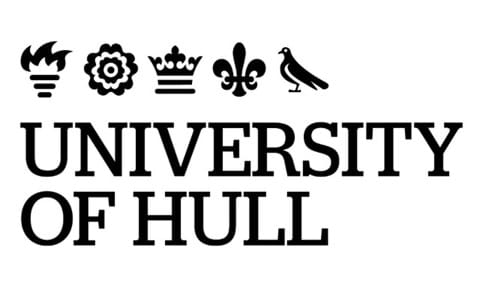Close Menu
- Home
-
Membership
Membership
- Membership
- Student Member
- Corporate Partnership
- Accreditation
- Mentor Program
-
Awards, Medals and Scholarships
Awards, Medals and Scholarships
-
Events
Events
- Events
- Annual Conference
- Previous Annual Conferences
- Annual General Meeting
- Beale
-
Blackett Lecture
Blackett Lecture
-
Previous Blackett Lectures »
Previous Blackett Lectures
-
Previous Blackett Lectures »
- Careers Open Day
- ISMOR
- Knowledge Exchange Day
- New to OR Conference
- Simulation Workshop
- Scenario Planning and Foresight
- Validate AI Conference
- Regional Society & SIG Events
- Non-Society Events
- WORAN Land Lecture
- Webinars
- Joint SIG Event
- JORS Gender Equality Webinar
-
Publications
Publications
- Training
-
Research
Research
-
Get Involved
Get Involved
- Get Involved
- General Council Elections
- Job Opportunities in OR
- Volunteering Opportunities
- OR in Education
- Pro Bono OR
-
Society Groups
Society Groups
-
Special Interest Groups and Networks »
Special Interest Groups and Networks
- Special Interest Groups and Networks »
- Analytics Network »
- Behavioural OR »
- Decision Analysis »
- Defence »
- Early Career Researchers (ECR) »
- Health & Social Services »
- Independent Consultants Network »
- New to OR Network »
- OR, Analytics, and Education »
- OR and Strategy »
- OR in Practice »
- OR in the Third Sector »
- People Analytics »
- Problem Structuring Methods »
- Public Policy Design »
- Simulation OR »
- Systems Thinking »
- Women in OR & Analytics Network »
-
Special Interest Groups and Networks »
- Related Organisations
- Submit a paper to a journal
- Become a reviewer
- Legacy Giving
- OR in Focus
-
About OR
About OR
- About OR
- History of OR
- OR in Business
-
OR Methods
OR Methods
- OR Careers
-
OR Insights
OR Insights
- OR in real world situations
- About Us




